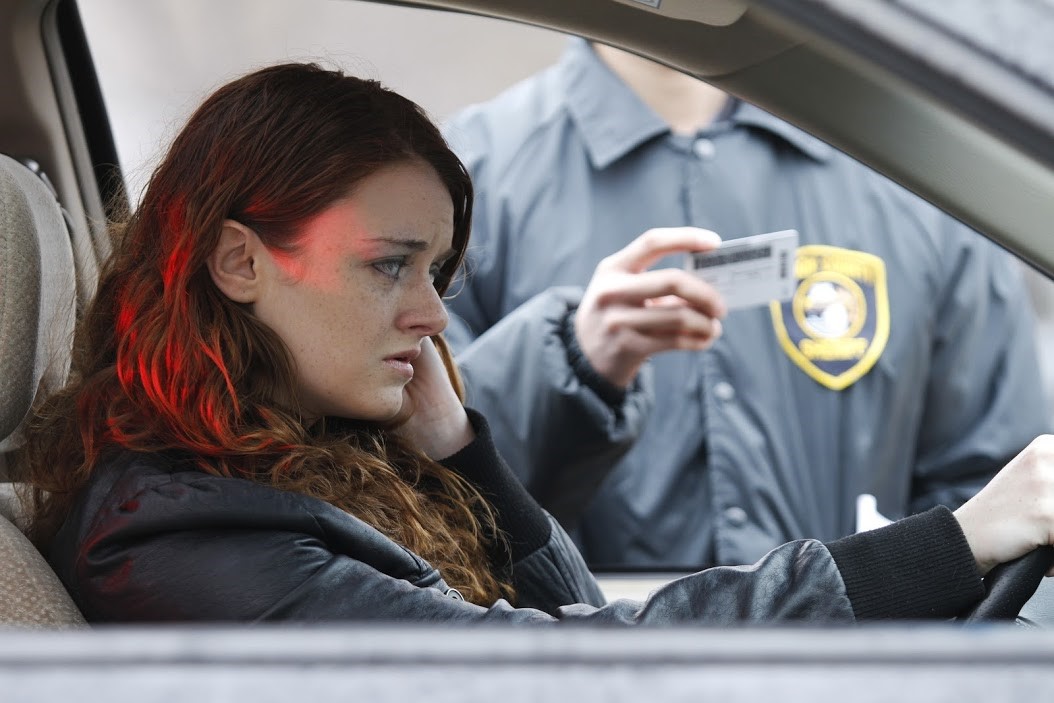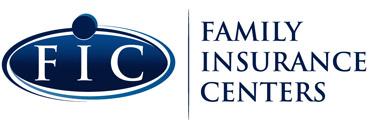Tactics Police Use to Catch Uninsured Motorists

Car insurance is required in every state except for New Hampshire. Even though 49 states have made it illegal to drive without car insurance, there is still an estimated 13 percent of the population that are uninsured motorists.
In the state of Florida, motorists are required to turn their plates in to the Department of Highway Safety and Motor Vehicles (DHSMV) before their car insurance expires if they don’t plan on renewing their car insurance.
If a motorist doesn’t turn their plates in, then the motorist’s license and car registration can be suspended for up to three years, or until they get a car insurance policy. Driving without insurance also carries hefty fines. Once a motorist has insurance, they can apply to get their license and registration back.
Uninsured motorist claims cost billions of dollars a year due to accidents and related damages. Police try to catch uninsured motorists using a variety of methods with hopes of bringing this number down. Learn about some of the different methods police officers use to try to catch uninsured motorists by reading the information below.
Traffic Stops for Traffic Violations
When a motorist violates a traffic law, they may be pulled over by a police officer in a routine traffic stop. During the traffic stop, the police officer will ask for the motorist’s license, registration, and car insurance. If the motorist is not able to supply any of these three items, then the motorist will suffer the legal consequences.
Traffic Stops of Known Uninsured Motorists
Police officers in some states will pull over motorists known to have driven without insurance to verify they have since purchased car insurance. If the motorist has still not obtained car insurance, then the consequences will be worse after the first offense.
Traffic Checkpoints at Random Locations
Police officers will also set up traffic checkpoints at random locations, generally along main streets with more traffic. Each car travelling through the checkpoint will need to stop where the officer is. When the car comes to a stop, the police officer will ask the motorist to show proof of insurance.
Run License Plates Through Database
In many states, such as Florida, all insurance companies electronically report to the DHSMV if a motorist cancels their insurance policy, if the motorist’s policy lapses, or if a motorist takes out a new policy.
If the Department of Highway Safety and Motor Vehicles system shows a cancelled policy without showing a new one, then the motorist will have their license and registration suspended.
Police officers can pull this information up simply by running a car’s license plate number through the database. When the police officer sees the car is not currently registered, they will pull the car over.
Although a police officer can’t pull a motorist over initially for driving without insurance, since it is a secondary offense, they can pull a motorist over after learning the car isn’t legally registered. The motorist will then face the consequences of driving an unregistered vehicle, driving without a license, and driving without insurance.
Automatic License Plate Recognition Cameras
A newer technology that helps police officers find uninsured motorists quickly is called Automatic License Plate Recognition (ALPR). This technology includes a camera that attaches to the police officer’s vehicle and can be used to not only spot uninsured motorists, but also speeders, fugitives, stolen vehicles, and more. The cameras can also be attached to street lights and tollbooths.
Don’t Risk It, Get Insured Now!
Not only do you run the risk of facing consequences ranging from fines to the loss of your license and registration when you drive without insurance, but you can also find yourself in dire financial straits if you are involved in an accident.
Contact us now to protect yourself with a car insurance policy. We will help you get set up with the car insurance policy that meets your needs best and will protect you from harsh legal consequences.
